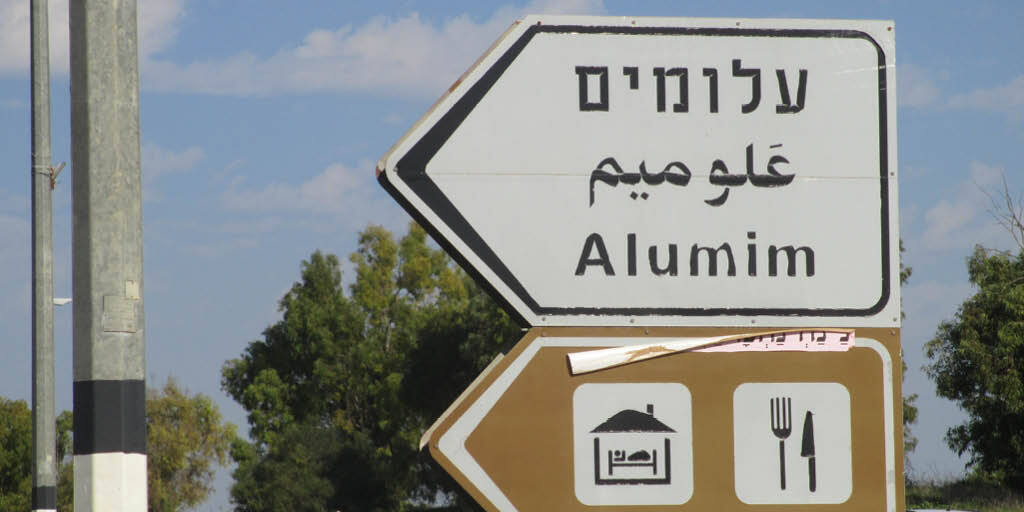Simon Schama – The Holocaust 80 Years On
https://www.pbs.org/show/simon-schama-the-holocaust-80-years-on/
https://www.pbs.org/show/simon-schama-the-holocaust-80-years-on/
By Michael Rubiner March 25, 2013
On Monday night at sundown, Jews everywhere will begin celebrating the first night of Passover. Before they can eat their unleavened meal, though, they’ll have to complete the Seder, a religious service conducted on the first and sometimes second nights of the eight-day holiday that can often seem interminable. In 2006, Michael Rubiner drafted a plan for a shorter, sweeter Seder. His proposal is printed below. (more…)
The Committee on Jewish Law & Standards (CJLS) Kashrut Subcommittee2
Introduction by Rabbi Elliot N. Dorff, Chair, CJLS
Stories play a key role in identifying a religion or nation, especially the ones at the center of a community’s history and ritual, the ones taught to members of the community from an early age and repeated often by adults in rituals and prayers. Such master stories express in easily understandable and emotionally compelling terms a community’s understanding of its origins, its values, and its goals. If one were to compare the view of life and humanity embedded in the master stories of, for example, Judaism, Christianity, Islam, Buddhism – and the United States, China, and Israel – one would find deep differences in how these various human communities understand who they are as individuals and as a community, what is important in life, and what they should strive for. Judaism’s master story is the Exodus from Egypt, followed by the trek to Mount Sinai and then to the Promised Land of Israel. We leave Egypt not as individuals but as a nation, and we do so only with the help of God. This is very different from the staunch individualism at the heart of the liberalism that has forged most Western countries. At Mount Sinai we engage in a Covenant with God that establishes the basis of our relationship with God – and the duties of that relationship or ourselves and all our descendants. (more…)

When I was an undergraduate at Columbia University in the late 1980s, I took a class on Arab nationalism at the School of International and Public Affairs. One day, I found myself vigorously sparring about Israel with some Muslim students in the course when a Palestinian student name Zuheir said, “I’ve been imprisoned and beaten in many Arab countries,” cutting the conversation short. After class Zuheir and I compared notes. (more…)

During 1941 and 1945, Hitler’s Nazi Germany murdered around six million Jews, about two-thirds of the European Jewish population, in what would become known as The Holocaust.
Although this was a time where tales of hope and salvation were few and far between, there are stories of individual people and groups who demonstrated extraordinary bravery to save lives. They were a glimmer of light during a dark time that resulted in few happy endings.
On November 12, 2023, our Kritstallnacht Community-wide commemoration will take place at Congregation Or Shalom, in person and via Zoom. We will remember the lesser-known story of Syndrome K, the fictitious disease invented by Italian doctors that fooled the Nazis and saved lives. The program will include the presentation of a U.S. Senate Special Recognition to Dr. Cristina Ossicini on behalf of her late father Dr. Adriano Ossicini. (more…)
Shedding the concept “completely strikes at our sense of identity and autonomy,” the Stanford biologist and neuroscientist argues. It might also be liberating. What if Believing in Free Will Is Just a Choice?.
By Hope Reese
There is no free will, according to Robert Sapolsky, a biologist and neuroscientist at Stanford University and a recipient of the MacArthur Foundation “genius” grant. Dr. Sapolsky worked for decades as a field primatologist before turning to neuroscience, and he has spent his career investigating behavior across the animal kingdom and writing about it in books including “Behave: The Biology of Humans at Our Best and Worst” and “Monkeyluv, and Other Essays on Our Lives as Animals. (more…)
By GOL KALEV Published: MAY 5, 2023
How many Pharaohs were there between the time of the Exodus and the time the Hebrews crossed the sea?
The popular read of the story told in the Book of Exodus is about one Pharaoh who changes his policy a number of times due to God’s miracles.
The Pharaoh with whom Moses and Aharon engaged during the first nine plagues makes clear in their last reported bilateral meeting that this is the last time they will see each other. Moses agrees: “And Pharaoh said unto him: ‘Get thee from me, take heed to thyself, see my face no more; for in the day thou see my face thou shalt die. And Moses said: ‘Thou hast spoken well; I will see thy face again no more.” (more…)
So it is with some hesitation that I respond, however indirectly, to Friedman’s recent Op-Ed in the NYT, in which he argued, post Israel’s elections, that “the Israel we knew is gone.” I’ve got no interest in joining the “jump on Tom Friedman fray.” That said, I don’t think it’s gone at all.
Neither, apparently, does Dennis Ross:
Dennis Ross@AmbDennisRoss
Not sure Israel has changed. The Bibi-led bloc won fewer votes.Just as the Democrats can win the popular vote and lose in the electoral college,in Israel a party must win 3.25 percent of the vote to be in the Knesset. Fall just short, as 2 left parties did, lose all those votes.
Nov 5, 2022 (more…)
By Katie Hunt, CNN Tue August 30, 2022
Construction workers breaking ground in 2004 on a shopping mall in Norwich, England, found 17 bodies at the bottom of a 800-year-old well. The identity of the remains of the six adults and 11 children and why they ended up in the medieval well had long vexed archaeologists. Unlike other mass burials where skeletons are uniformly arranged, the bodies were oddly positioned and mixed — likely caused by being thrown head first shortly after their deaths. (more…)
(photo credit: MAXIM ZMEYEV/REUTERS) (more…)